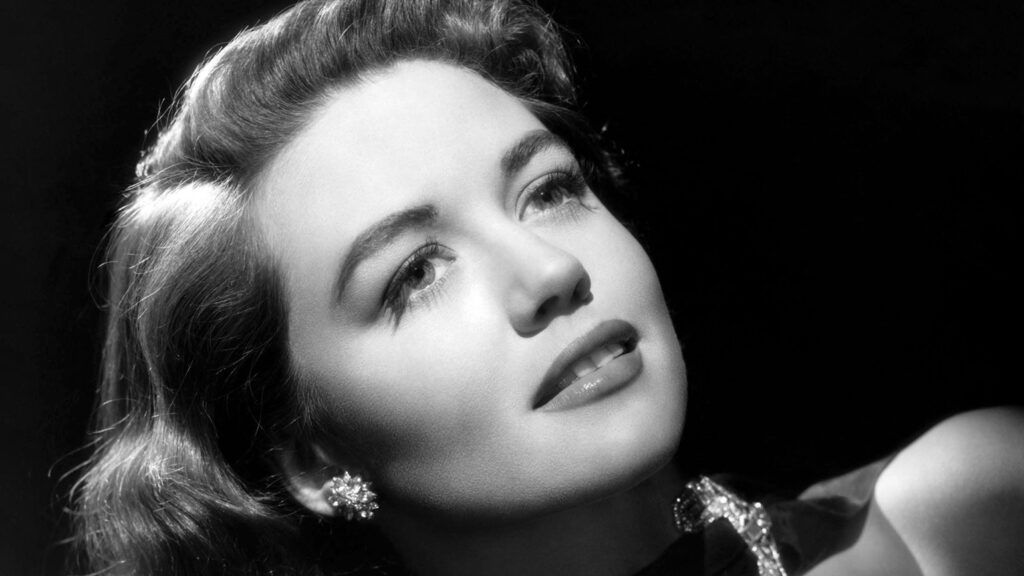One September morning, a little over a year ago, I awoke to find myself lying on the floor at the foot of my bed, in great pain, unable to move. Much of what happened that morning is hazy, now. I was alone in the house with my two small daughters. I know I cried out to them, woke them up, told them to bring me the telephone. I called my mother, and I guess I also called the emergency clinic, because an ambulance was already there when my mother arrived.
The clinic could find nothing wrong with me and sent me home. All that day I lay in bed, the pain getting steadily worse. Finally an internist came, took one look and rushed me to Cedars of Lebanon Hospital.
It was a lucky choice for me. Only three weeks before, the hospital had acquired a new device for scanning a patient’s lungs. The device told the doctors that mine were rapidly being closed off by blood clots, that immediate and drastic surgery was necessary.
Yet my good fortune was such that when a team of surgeons was hastily assembled, the man chosen to head it, Dr. Joseph Fields, had himself invented a heart-lung machine that would artificially and miraculously sustain life during the unbelievably lengthy period—11 hours—required for the delicate operation.
I remember nothing of that, of course. But almost as soon as I regained consciousness I can recall my mother telling me that dozens, then hundreds, finally thousands of people were praying for my recovery. My first reaction to this was one of incredulity. I was inclined to think that my mother was saying these things just to encourage me. But when the letters and telegrams poured in, when I saw the newspaper stories that churches of all denominations were holding services for me, I had to believe it, and with belief came a great wave of relief and gratitude.
How does prayer help a person who is desperately ill? I’m sure there are many answers. A metaphysician might say that prayer is a form of love, and that love is a healing force. A devout person might say that God hears and answers—it’s as simple as that. All I know is that it brings strength and peace when they’re needed most.
People have asked me, “Did your narrow escape from death make you appreciate life more? Did it make you more religious? Did it bring you closer to God?” To such questions, my answer is usually a gentle “No.” No, it didn’t make me appreciate life more, because I’ve always loved life, always believed it should be lived as fully as possible. And no, not more religious, because I’ve always been religious, with an intensity that varies from time to time but never disappears from my life. And no, it didn’t change my relationship with God; it just confirmed it.
What my illness did do, in certain areas, was strengthen and deepen convictions I already had. Let me give you just one example. One of the oldest cliches in the theatrical word is “the eternal triangle.” Everyone knows what it means. But I’ve always felt that the most fundamental triangle-situation in human affairs is not a situation involving a man and two women, or a woman and two men. For me, the only truly eternal triangle is the relationship between one person and another person and God—with God at the apex of the triangle.
It’s amazing, if you look at your relationship with another person with this in mind, how it changes things. It makes you much less critical, much more tolerant. When someone disappoints or angers you, if you can say to yourself, “I wonder how he (or she) looks to God,” you’ll find yourself much less likely to judge or condemn. For one thing, you realize that the other person’s behavior is affected by all sorts of forces and factors known only to God. For another, you realize that if God loves you, He also loves that other person—and this in itself is a thought that tends to banish anger.
Certainly in the case of the people who were kind enough to pray for me during my illness, this “eternal triangle” was very much in evidence. And I’m convinced that the benefits flow in all directions, on all sides of the triangle, so that those who pray are helped as well as those who are prayed for.
This is not something I “learned” from my illness. It’s a conviction that was deepened and strengthened by it. This concept of the eternal triangle has become an inseparable part of my life.
For more inspiring stories, subscribe to Guideposts magazine.






